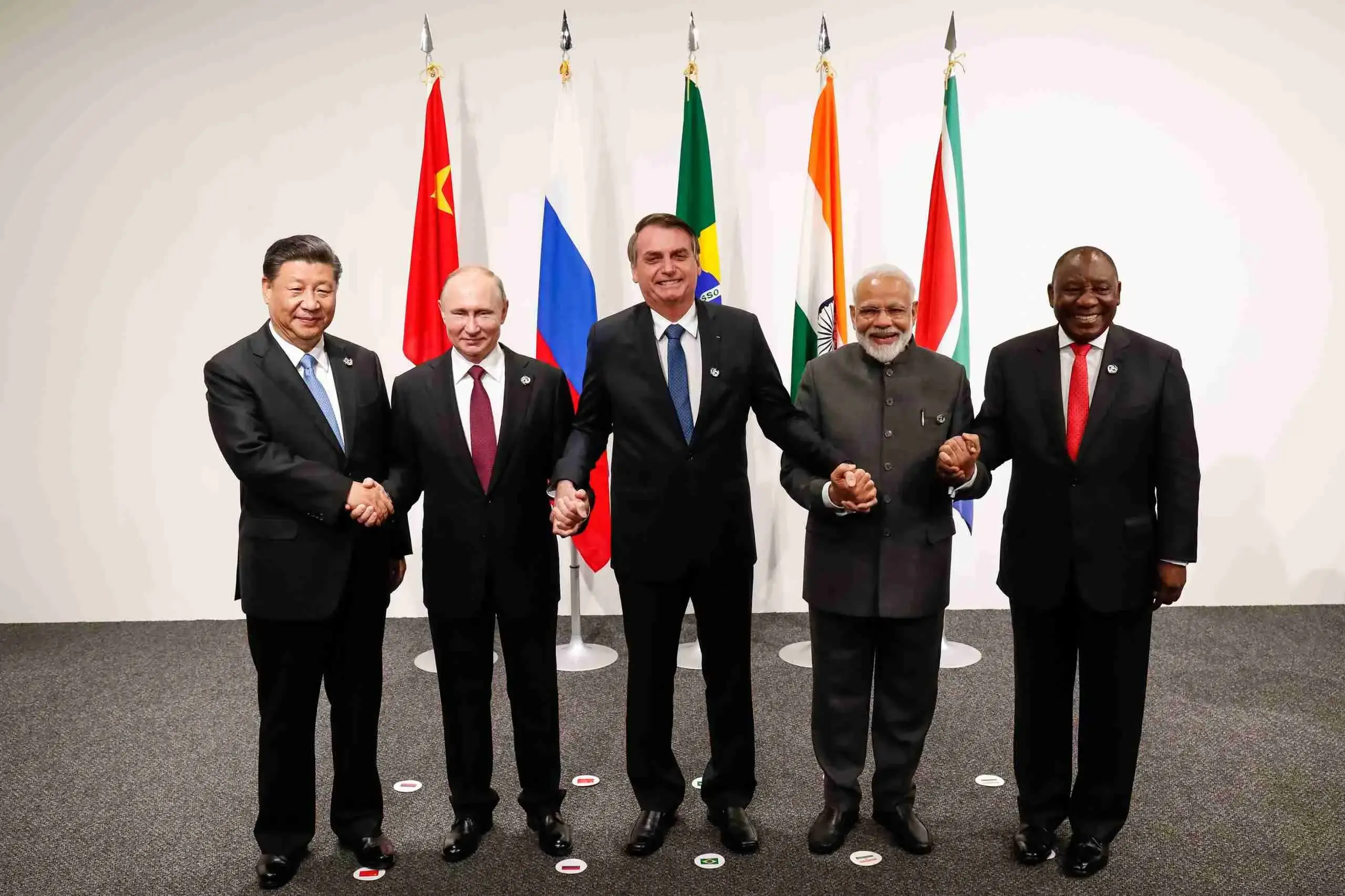Kazakhstan confirms it will not pursue BRICS membership in near future
18 October 2024
Kazakhstan has announced that it will not apply for membership in the BRICS group of emerging economies in the immediate future, despite receiving multiple proposals to join. President Kassym-Jomart Tokayev will, however, attend the upcoming BRICS summit in Kazan, scheduled for October 22-24.
Presidential adviser and press secretary Berik Uali emphasized Kazakhstan's preference for the United Nations as a universal platform for international dialogue. He explained that the decision not to join BRICS stems from a multi-stage membership review process and concerns regarding the development prospects of the bloc.
Uali noted that while proposals for Kazakhstan's accession to BRICS have been carefully considered, the country's leadership remains focused on its diplomatic priorities.
“The president has repeatedly highlighted the UN as an essential organization where pressing global issues, including the establishment of a fair world order, can be effectively discussed,” he stated.
The BRICS summit will gather representatives from over 30 countries, with Malaysia and Azerbaijan officially applying for membership. Turkey has also indicated interest, though it has not yet confirmed its application. Burkina Faso and Sri Lanka have similarly expressed their desire to join the organization.
During the summit, President Tokayev is expected to deliver a speech at the extended meeting on October 24. Uali highlighted that Kazakhstan is monitoring BRICS developments closely and supports the founding members’ calls for building a democratic world order free from superpower dominance.
The adviser reiterated that while the idea of joining BRICS has been considered, Kazakhstan will refrain from submitting an application at this time due to the complexities involved in the membership process. Uali also stressed the importance of the UN Charter as the foundation of international law and called for reforms in the UN Security Council to better represent the interests of middle powers.
"The president has acknowledged the limitations of the UN Security Council and advocates for reforms based on broad consultations among member states," Uali concluded.
Related
-

Croatia prepares first bioeconomy strategy
13 January 2026
-

India mandates 20% domestic content in battery storage projects
5 January 2026
-

Spain launches EUR-90m subsidy scheme for pumped-storage hydro projects
5 January 2026
-

Malaysia urged to screen contractors to cut “unhealthy” competition
17 December 2025
-

Oman prepares for wave of IPP awards
4 December 2025
-

Iraq unveils 20-year plan to add 57GW of power capacity
23 November 2025









 京公网安备
11010802030424号
京公网安备
11010802030424号  京ICP备19046776号-2
京ICP备19046776号-2